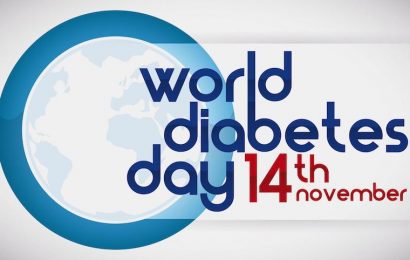In the ongoing debate about what people with diabetes should eat, it often seems like two macronutrients — carbohydrate and fat — hoard most of the attention. Claims that low-carb diets are the answer spark fierce disagreement, while fats — depending on your point of view — are either unfairly demonized or a source of unwanted calories to be avoided. But what about the third major macronutrient, protein? Aside from the fact that it is not carbohydrate — and therefore likely to be a major component of low-carb diets — the potential role of protein in weight management is sometimes ignored.
A new study published in the New England Journal of Medicine, however, examines the effects of dietary protein — as well as carbohydrates with either a low or a high glycemic index — on maintaining weight loss. As described in a Reuters article, the study — whose participants had already lost at least 8% of their body weight through a calorie-restricted diet — demonstrates that including more protein in the diet, along with choosing carbohydrates with a low glycemic index, helps sustain weight loss. Among the 548 participants divided among eight western European countries who completed the study, those assigned to eat a higher-protein diet — 25% of calories as protein — gained on average 0.93 kilogram (2.05 pounds) less than those assigned to eat a lower-protein diet with 13% of calories as protein. A similar weight difference was seen among those assigned to eat low- versus high-glycemic-index carbohydrates. Not surprisingly, participants in the lower-protein, high-glycemic-index group gained a significant amount of weight on average, 1.67 kilograms (3.68 pounds), compared with a control group that was given no dietary restrictions.
Given that the study examined two different variables — glycemic index and dietary protein — in the same people at the same time, it is conceivable that these two factors could interact and thus affect the results. But as the 2000 article “Protein Controversies in Diabetes” from Diabetes Spectrum notes, protein in the diet has little to no effect on how carbohydrate is digested and converted into glucose. According to the article, protein itself — whether consumed alone or with carbohydrate — also has a negligible effect on the blood glucose level.
What do you think — have you tried increasing protein in your diet to lose weight or maintain weight loss? Did you find success? Was it sustainable? Are there other, more important changes that people should focus on instead for weight loss and weight maintenance? Leave a comment below!




